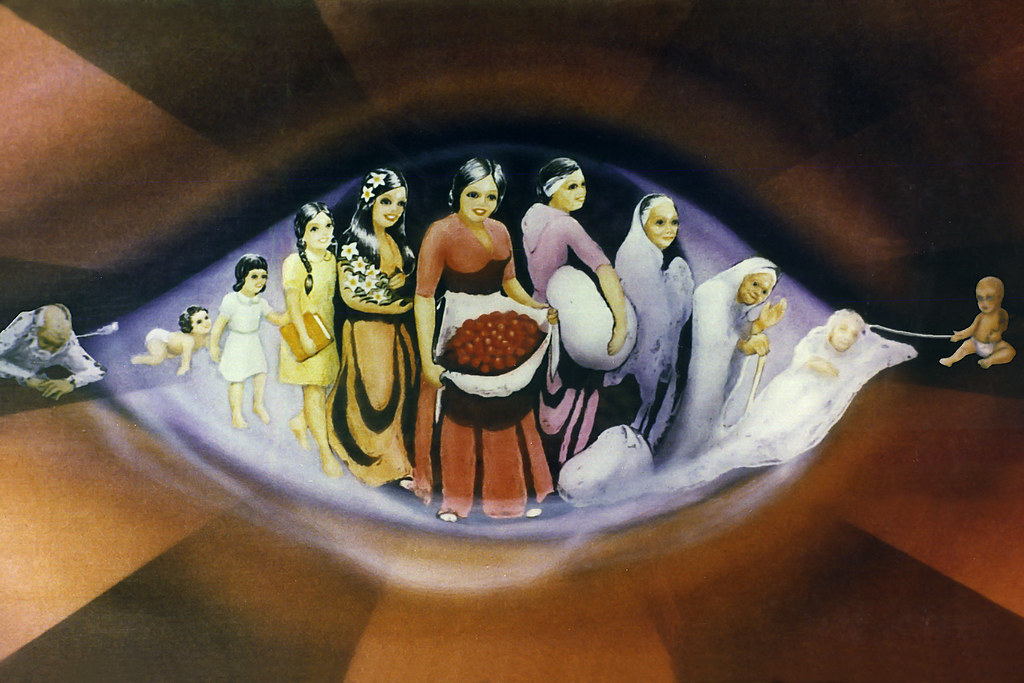Throughout history, humanity has been blessed with the wisdom of enlightened beings. Among these beings, two names stand out for their profound influence and vast followings: Osho and J. Krishnamurti. While their teachings converge on the absolute truths, their approaches and personalities reflect stark contrasts. Both are captivating in their uniqueness, yet their philosophies resonate differently with seekers around the world.

The Revolutionary Image of Osho
Osho, known for his sharp intellect and radical ideas, was a figure who thrived on breaking societal norms. His upbringing played a crucial role in shaping his revolutionary mindset. Born as Rajneesh Chandra Mohan Jain in 1931, Osho grew up challenging traditions and authority. This rebellious streak became the hallmark of his teachings, which often shocked conventional thinkers.
Osho’s words were direct, unfiltered, and, at times, deeply unsettling. He was unafraid to address taboo topics—sexuality, materialism, and religion—head-on. His famous concept of “Zorba the Buddha” encapsulates his vision: a fusion of earthly enjoyment with spiritual awakening. Osho’s philosophy encourages living life fully, embracing both the physical and metaphysical.
However, this fiery approach came with challenges. Osho faced immense criticism, ostracization, and even legal battles throughout his life. Yet, his charisma and boldness attracted millions, making him a global phenomenon. His words, though bitter to some, carried the raw essence of truth that appealed to those seeking radical transformation.
The Symbol of Love and Compassion : J. Krishnamurti
In contrast, J. Krishnamurti’s life and teachings exude calmness and inclusivity. Born in 1895, Krishnamurti was discovered at a young age by the Theosophical Society, which believed he was the “World Teacher” destined to guide humanity. Although he eventually renounced this role, his upbringing in a nurturing, spiritual environment profoundly influenced his outlook.
Krishnamurti’s teachings are gentle yet penetrating. His approach was devoid of rituals, dogmas, or dramatic declarations. He emphasized self-awareness, observation, and the dissolution of psychological boundaries. Unlike Osho, who often challenged listeners, Krishnamurti invited them to reflect and discover truth for themselves. His words flowed like honey, soothing yet awakening.
Globally respected, Krishnamurti held dialogues with scientists, educators, and spiritual seekers. His wisdom was universally accepted, transcending cultures and beliefs. He never sought followers but instead encouraged individuals to be their own teachers.
Osho’s Views on J. Krishnamurti
Osho held J. Krishnamurti in high regard and often spoke of him with admiration. Osho acknowledged Krishnamurti as a deeply enlightened being, someone who operated on an exceptionally high plane of awareness. Despite their differences in style, Osho respected Krishnamurti’s clarity and purity of thought, even referring to him as a “pure consciousness.” He often mentioned that while their methods were different, the truth they spoke was the same. Osho saw Krishnamurti as an uncompromising seeker of truth, untainted by societal conditioning.
J. Krishnamurti’s Perspective on Osho
While J. Krishnamurti rarely commented on other spiritual teachers, he was known to be skeptical of any figure who claimed to be a master or attracted a large following. He often warned against the dangers of gurus and organized spirituality, which he believed could mislead seekers. Though Krishnamurti never mentioned Osho directly, his broader critiques of spiritual leaders could be seen as indirectly opposing figures like Osho. Unlike Osho, who embraced the role of a guide, Krishnamurti discouraged dependency on any teacher, emphasizing the importance of self-reliance in the spiritual journey.
A Comparison
Both Osho and Krishnamurti addressed the ultimate goal of human life—awareness and enlightenment. Yet, their methods and expressions were as different as night and day.
- Style of Teaching: Osho’s teachings were fiery, provocative, and polarizing. Krishnamurti’s were serene, inclusive, and universally palatable.
- Philosophical Approach: Osho believed in breaking down old systems to rebuild new ones, while Krishnamurti focused on understanding oneself within the existing framework.
- Public Perception: Osho’s controversial statements and luxurious lifestyle often overshadowed his wisdom, leading to resistance and criticism. Krishnamurti, on the other hand, was widely accepted for his humility and simplicity.
A University of Enlightenment
To draw an analogy: Imaging, If there were a university of enlightened beings, then Osho would be the charismatic, talented student. He might have lots of following and controversy whereas Krishnamurti, would be the principal of that university , embodying pure love and understanding.
This comparison does not diminish Osho’s brilliance; rather, it highlights the vastness of Krishnamurti’s consciousness. While Osho dazzled with his fiery words, Krishnamurti inspired with his profound silence.
Truth in Different Flavors
At their core, both masters spoke the absolute truth. Osho’s truth was raw and untamed, like a thunderstorm shaking the ground. Krishnamurti’s truth was gentle, like the steady flow of a river nourishing the earth. Their teachings complement each other, offering seekers a spectrum of spiritual guidance.
- For those drawn to action and transformation, Osho’s words ignite the spark of rebellion.
- For those seeking introspection and peace, Krishnamurti’s words are a balm for the soul.
Conclusion: The Legacy of Two Giants
Osho and J. Krishnamurti continue to inspire millions even today. Their teachings, though contrasting, serve the same purpose: awakening humanity to higher consciousness. Whether you resonate with the fiery passion of Osho or the serene wisdom of Krishnamurti, both paths lead to the ultimate truth.
The world needs both fire and water, rebellion and harmony, to evolve. By embracing their teachings, we can strive to balance these energies within ourselves and walk the path of awareness with courage and love.

